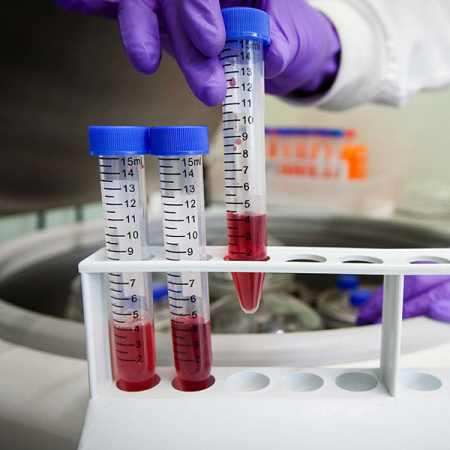Description
During the course, you will develop the skills to analyse genomic data and apply professional best practice guidelines, and an understanding of the fundamental principles of informatics. You will discover the impact of bioinformatics on clinical genomics and the relevant ethical, legal and social issues that need to be considered.
The module offers theoretical sessions and practical exercises involving the analysis and annotation of predefined data sets, as well as the opportunity to find and use major genomic and genetic data resources.
Learn from leading experts in genomics about:
- Genomic data flow from the patient through to the laboratory, to the clinician and then back to the patient.
- The assessment of data quality through application of quality control and statistical measures.
- How to align genome data to a reference sequence using up-to-date alignment algorithms.
- Measures to determine the analytical sensitivity and specificity of genomic tests.
- Tools to call sequence variants and annotate variant-call files using established resources.
- The use of multiple database sources, data integration tools, clinical literature and statistical evidence to prioritise variants for pathogenicity.
- Principles that apply to the integration of laboratory and clinical information, and the place of best practice guidelines for indicating the clinical significance of results.
- Approaches for assessing the functional effect of variants and basic statistical concepts, including probability and hypothesis testing.
- The relationship between data and information, and secure information exchange between professionals.
Learning outcomes
By the end of this module you will be able to:
- Understand how bioinformatics is used to analyse, interpret and report genomic data in a clinical context.
- Describe the principles applied to the quality control of sequencing data, alignment of sequence to the reference genome, calling and annotating sequence variants, and filtering strategies to identify pathogenic mutations in sequencing data.
- Critically appraise major data sources, including those of genomic sequences, protein sequences, variation and pathways.
- Explain how to integrate major data sources with clinical data to assess the pathogenic and clinical significance of the genome result.
- Explain how computational tools can be used to test hypotheses, and how statistical and performance measures are used to access sequencing data in both diagnostic and research settings.
- Use bioinformatics pipelines via Genomics England’s 100,000 Genomes Project.
- Apply professional best-practice guidelines in a diagnostic setting.















